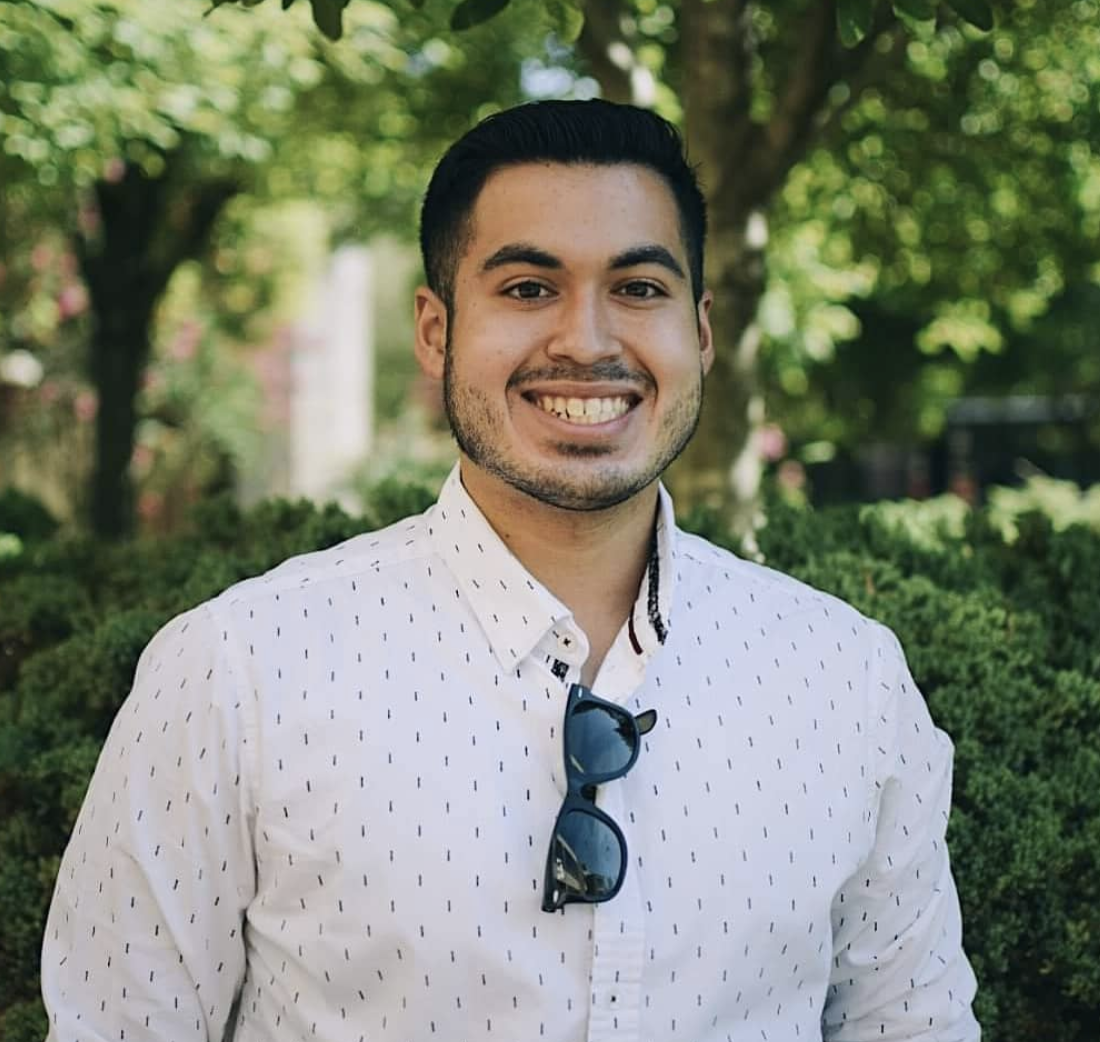![]()
The United States was founded by a collection of immigrants who desired freedom, exploration and salvation in newly discovered lands yet to be explored. From the Native Americans who crossed Beringia–the land bridge between Siberia to present-day Alaska 30,000 years ago–to the millions of immigrants throughout Europe, Asia, Africa or South America that sought better lives in this new country. The U.S. is, and always will be, a nation of immigrants.
This story is constantly retold because it encapsulates the history of the U.S. and foreshadows its future as a melting pot of new ideas and cultural influences that have shaped the country into our current state. Unfortunately, we tend to forget the generational descent of these new immigrants in history–specifically, the effects of Americanism on immigrant descendants.
First generation immigrants, or those born outside of the U.S., are more likely to work harder than later generation immigrants primarily because they are the foundation in which the trajectory of generations is dictated from their established work.
When looking at my family tree, mis bisabuelos toiled under harsh labor conditions of picking seasonal crops across the nation, worked small jobs for extra money, joined the military, sewed jeans in factories, maintained farmland and worked long-term jobs. Each side of my family entered the U.S. under different circumstances and worked labor-intensive jobs to secure the future of the family.
The time difference between my generation and mis bisabuelos is evident; however, this pattern parallels those of current immigrant families, who are working under similar conditions.
Born and raised in San Antonio, Texas, my upbringing was starkly different from mis bisabuelos, mis abuelos and mis padres due to multiple factors. Economic, social and cultural factors changed over the century that caused values and cultural habits to be altered or cease altogether. The Hispanic demographic of San Antonio is over 60%, which contributes to the rich culture of the city, as seen by the architecture, language, restaurants, vibrant colors and atmosphere.
I take pride in my Hispanic background and city. The rich culture, wonderful traditions and historic value to my cultural identity cannot be replaced. Becoming the inheritor of a rich culture carries a lot of baggage in societal and cultural expectations, which, if dropped, can create slight tensions within the community.
A question I am too familiar with is “Do you speak Spanish?” It is a genuine question, especially since the Spanish language is the key into the U.S. Hispanic market in the country. However, it is culturally expected that I know the language since this is a part of a Hispanic identity. Mi familia occasionally spoke Spanish during my childhood, but English was the predominant language. It was not mi familia to blame that I did not learn the language–although some traditionalists would claim that to be the case–since they raised me with English.
With a hesitant and disappointing look, I tell people that I am not fluent in Spanish. Traditionalists often sneer at my presence, change their mannerism, assume my personality or berate my lack of knowledge for the language. Alternatively, there are people who are compassionate for my response or are sympathetic to my disconnection with my heritage. This is not to call out their actions as putrid or offensive, but to showcase the varying reactions I receive.
The choice of language is no one’s fault because it proceeds from the Americanism and change in ideals of immigrant families over the years. Values change; heritage changes; educational opportunities change; identity changes; demographics change and languages change with each generation. The stigma of generational conservatism always bothered me because it is limiting in not adapting to the constant adjustment of the world. Cultural binding that impedes individualistic and generational progression.
The confines of traditional expectations constrict many but should not be looked at with heavy criticism. My hope, as a Latino, is that future generations can restructure their values to the times and adopt new ideals but respect their heritage with pride, building up and out the foundation of our immigrant forefathers and mothers for the next generation. Secure your future for the next generation and the ones you may never see.





